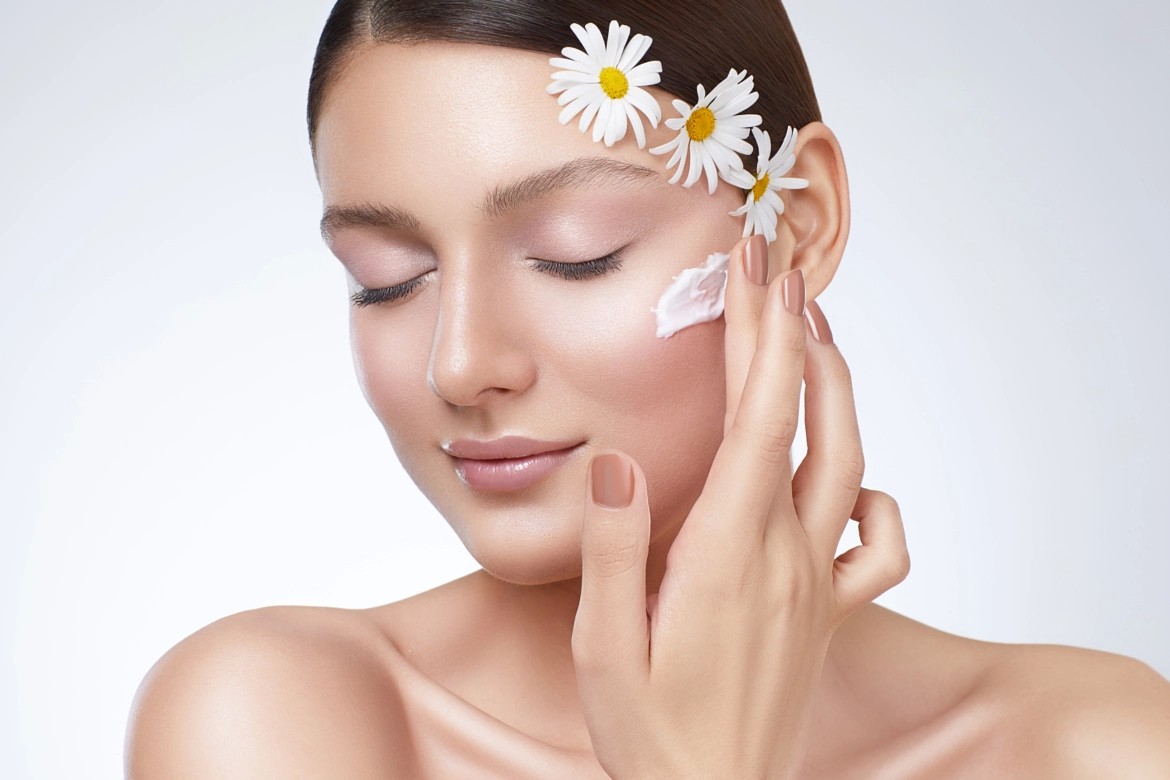What is retinol?
Retinol is a synthetic derivative of vitamin A, the group of fat-soluble vitamins common in carrots, eggs and sweet potatoes.
when retinol is applied topically, it converts to retinoic acid by specialized enzymes found in the skin. Retinoic acid can also be applied topically, but is much harsher than a retinol cream or serum, as it does not convert naturally over time.
What does retinol do?
"Retinol is a gold-standard ingredient in skin care because it alters the behavior of aged cells so they act in a more youthful manner. It smooths and refines skin's texture, enhances skin radiance and treats aging," Amanda von dem Hagen, a licensed esthetician and international educator for Glo Skin Beauty, told TODAY.
When retinol is incorporated into age-preventive skin care routines, it helps accelerate skin renewal, enhance collagen production and reduce the appearance of aging, uneven texture and age spots.
Retinol benefits
Applying vitamin A topically in the form of retinol can include the following benefits:
Prevent wrinkles due to its minimizing effect, as well as smooth out existing fine lines and wrinkles.
Brighten dull skin by exfoliating at a cellular level, which results in brighter and smoother new skin.
Regulate oily skin and minimize breakouts.
Fade dark age spots, sun spots and hyperpigmentation and even out complexion over time.
Retinol side effects
Since retinol is such a powerful ingredient, it can cause the skin to redden or peel if it's incorporated into a skin care regimen too quickly or used too often. Flakiness, dryness and even some breakouts can occur when retinol is first added to a routine. Typically, it just takes a little time for the skin to adjust.
"Begin slowly by adding it into a nightly routine one to two times per week for the first week and increasing it gradually from there, "If there is visible redness or peeling, use it once per week for a month then increase to twice per week and monitor the skin for irritation before increasing use."
those using a retinol cream or serum to allow it to absorb in the skin for 20 to 30 minutes before applying another product on top. It is also imperative to use sunscreen daily to protect skin while using retinol, as it can become more sensitive to sun.
When to begin using retinol?
highly recommended incorporating a retinol product into a skin care routine at age 30, three to four times a week. By the 40s, every other night is beneficial and in the 50s, 60s and beyond, incorporate a retinol product five to seven times per week.
Retinol for acne
Due to its powerful cell renewal property, retinol can be incredibly helpful for people who often have acne and breakouts. It helps to normalize cell turnover and has an exfoliating effect that stops pores from clogging and pimples, blackheads and cysts from forming.

